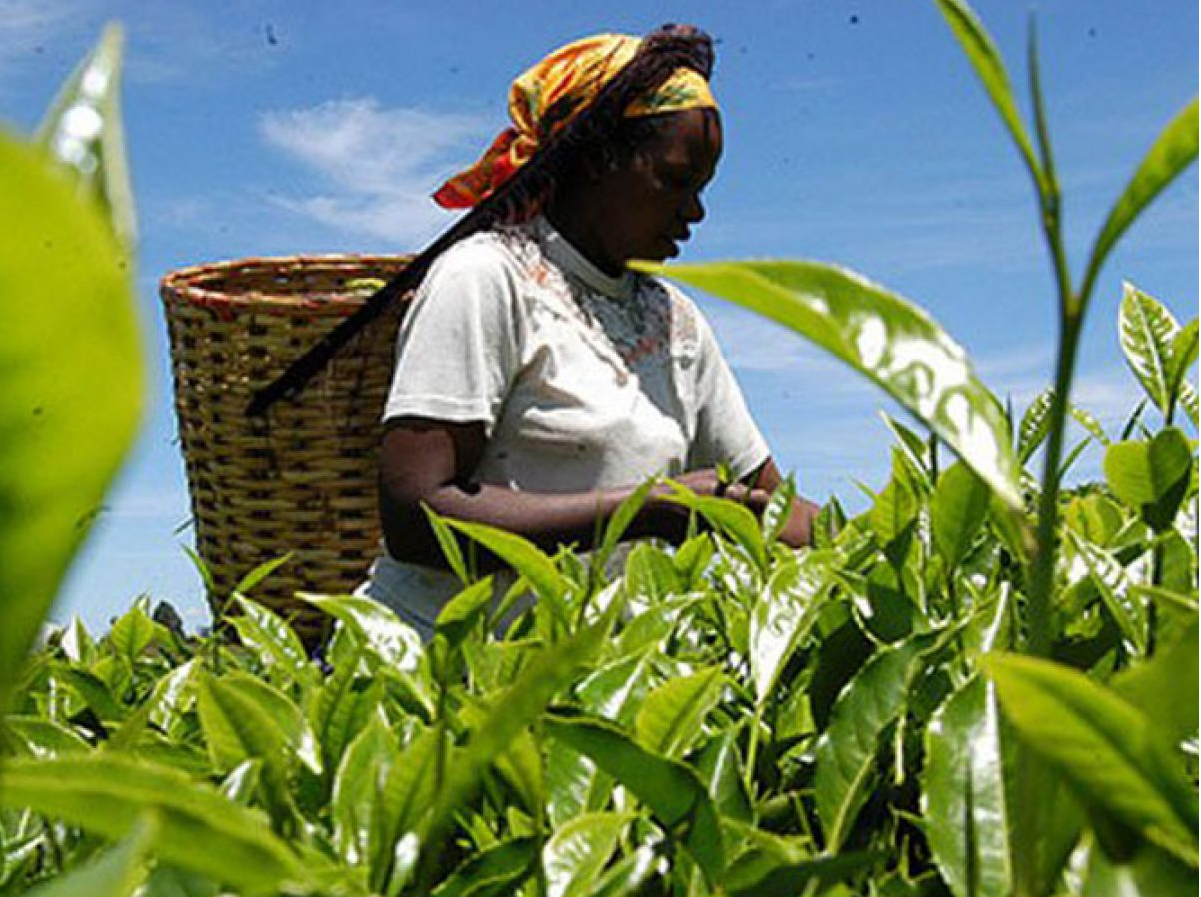Kenyan borrowers blacklisted by Credit Reference Bureaus (CRBs) for defaulting on mobile loans are set to have their outstanding loans discounted by at least 50 percent as part of a new agreement struck by the Central Bank of Kenya (CBK) and lenders. They will also be taken off the blacklists. The move is intended to improve credit ratings of Kenyans who have found themselves unable to access credit after defaulting on loans taken from digital lenders.
“Through the framework, the institutions will provide a discount of at least fifty percent of the non-performing mobile phone digital loans outstanding as at end October 2022, and update the borrowers credit standing from non-performing to performing,” the CBK explained in a statement sent to newsrooms.
The CBK on Monday, November 14 announced the roll-out of the Credit Repair Framework in partnership with commercial banks, microfinance banks and mortgage finance companies. Lenders will reach out to borrowers with more details of the framework, including their discounted outstanding loans.
It is in line with campaign promises made by President William Ruto, who made increased access to financing for SMEs and low-income earners one of the key pillars of his plan to spur the economy. He had called for lenders including Safaricom, NCBA and KCB and M-Pesa to do more after the announcement of a reduction in charges on the Fuliza overdraft service on September 28.
The companies, led by Safaricom, had also indicated their willingness to partner with the CBK and other stakeholders on the credit repair scheme, which they stated would be unveiled on November 1st. At least four million Kenyans currently listed by CRBs are expected to be taken off the blacklists as a result of the program, enabling them to access credit.
“I am very happy that between four to five million Kenyans will be out of CRB blacklist by the beginning of November,” Ruto promised at the time.
Examples of leading mobile lending products in Kenya are M-Shwari, offered by Safaricom and NCBA, KCB M-Pesa, Absa’s Timiza.
Several other loan apps also flooded the market offering loans at exorbitant rates and employing unethical practices such as debt shaming. Up until this year, these apps were entirely unregulated, but have since come under the supervisory powers of the CBK which requires them to meet various standards to acquire and maintain their licenses. As of September 19, only 10 digital credit providers (DCPs) had been licensed in line with the new rules.

![President William Ruto with the CEOs of Safaricom, NCBA and KCB as well as the CBK Governor at an event on September 28. [PHOTO | DIANA NGILA | NMG]](https://businesstoday.co.ke/wp-content/uploads/2022/11/ruto-telco-data.jpg)










Leave a comment